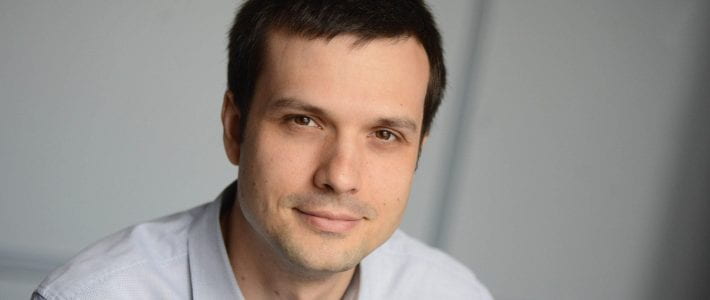Professor Rafael Fierro(University of New Mexico): Multi-Agent Coordination for On-Orbit Servicing and Satellite Life Extension
Professor Rafael Fierro
Professor, Departments of Electrical Engineering and Computer Engineering, University of Maryland
Time: 12:30 pm – 1:30 pm
Date: Friday, March 21
Location: BC 220
Abstract: This seminar presents our efforts to extend satellite lifespan using robotic technologies under the Breaking the Launch Once, Use Once Paradigm project. I will focus on Interactive Dislodging technologies developed at the University of New Mexico, including safe proximity operations, gaining custody of resident space objects (RSOs), dislodging jammed components, and upgrade/repair operations. On-orbit maintenance is challenging due to spacecraft fragility and high inertia, requiring precise handling. To address this, we employ adaptive control to manage uncertainties in client dynamics and stiffness variations. We have developed two dislodging methods: (1) a decentralized approach using multiple free-flying agents and (2) an extension of this approach to a multi-robot arm system. Additionally, I will present a robust adaptive MPC for the on-orbit dislodging of a jammed solar panel. We validate our approach through zero-gravity simulations, demonstrating improved performance over state-of-the-art control schemes. I will describe our recent work on emulating stiction effects and verifying our algorithms on a state-of-the-art dual-robot gantry for an on-orbit space simulator testbed.
Bio: Rafael Fierro is a Professor in the Department of Electrical and Computer Engineering at the University of New Mexico, a position he has held since 2007. He earned an MSc in control engineering from the University of Bradford, England (1990), and a Ph.D. in electrical engineering from the University of Texas at Arlington (1997). Before joining UNM, he was a postdoctoral researcher at the GRASP Lab at the University of Pennsylvania and later a faculty member at Oklahoma State University. Dr. Fierro’s research focuses on cyber-physical systems, robotic networks, multi-agent coordination, UAVs, and collaborative robot manipulation for on-orbit servicing. His work has been supported by the NSF, US Army Research Laboratory (ARL), Air Force Research Laboratory (AFRL), DOE, Sandia National Laboratories, and the Breakthrough Foundation. He directs the AFRL-UNM Agile Manufacturing Center and the MARHES Lab. A recipient of a Fulbright Scholarship, an NSF CAREER Award, and the 2008 ISA Transactions Best Paper Award, Dr. Fierro has also served as an associate editor for several IEEE journals.










